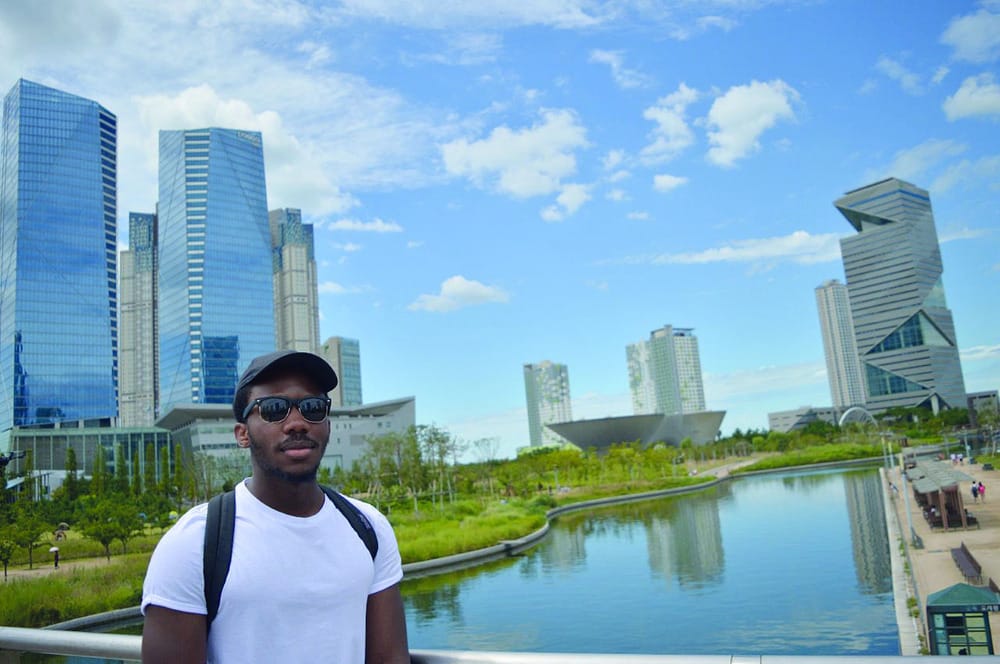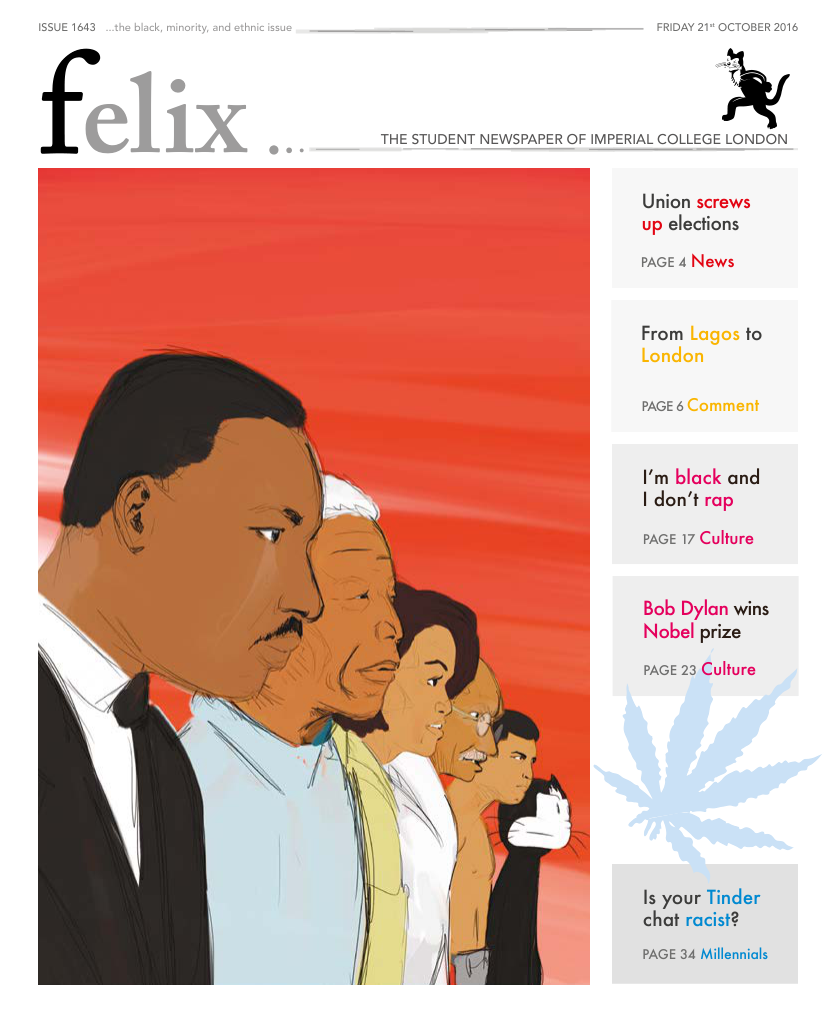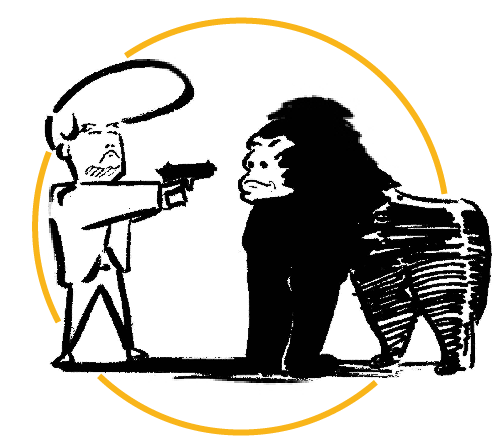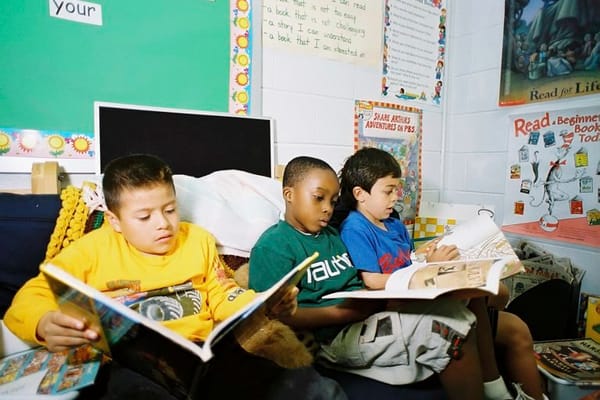Lagos to London | My transition
Daniel Ogbonna shares the many highs and lows of adjusting to London culture

I was born and raised in Lagos, the most populated city in Nigeria and in Africa as a whole. On September 30th 2014, less than 3 weeks after my 17th birthday, probably the most defining event in my life so far occurred. I moved to London to attend Imperial College.
Before leaving, my parents gave me a talk I imagine a fair few of my fellow Nigerians must have received as well. “Don’t go get drunk” (being 17 already made this tricky) “and don’t do anything stupid, remember you are there on a visa and if you mess up you are coming home. Put your studies first, everything else is secondary. Girls can wait till after you have a first class degree and don’t forget your values and morals.”
Brimming with excitement for my new experience, I probably visited the Freshers Facebook group and college and union websites pretty much every day after receiving my offer, and had already added a bunch of people from the Freshers page (a lot of whom I eventually never met in person). I had joined some societies. I had even been handed my first disappointment, realising that I would be branded with the dreaded red square on my ID and wouldn’t be able to attend the majority of the Freshers events due to my age. Regardless, I was looking forward to the experience and even managed to contribute some quality Game of Thrones banter on the Freshers page.
I remember learning that fancy dress meant funny costumes and not formal clothing. I remember learning the great British art of euphemising
The estimated population of Lagos is somewhere around 21 million (London’s estimated population is 8.6 million, to put things in perspective) so in first year I was one of the few people who didn’t have to adjust to life in the big city. Lagos also happens to be smaller than London in terms of land area (the smallest state in Nigeria) so I was pleased to be in a less busy city. As naïve as my 17-year-old Fresher self was, I did expect life and people in London to be different from what I was used to back in Lagos; after all, I had visited London a few times before. Nonetheless, life in London had a sleeve full of surprises waiting for me.
I remember sitting in a lecture on British slang in the Imperial International Student Week (just before Freshers’ week) and being asked to draw lines matching words like ‘pissed’ and ‘knackered’ to their meanings. I remember my first venture outside the South Ken bubble since arriving, walking around Shepherd’s Bush Market and wondering if the Hammersmith and City line had brought me to a different city. I remember learning that fancy dress meant funny costumes and not formal clothing. I remember learning the great British art of euphemising: instead of saying “this soup tastes like crap”, I was to say “this is probably not the best soup I’ve ever had”.
That first October was a massive learning period for me. There were some slightly embarrassing missteps, like when I wore a suit to my speech when running for year rep. I thought I’d be more approachable if I left out the tie as everyone else would be in suits, obviously. Imagine my horror when I showed up to find the other candidates in sweaters and t-shirts. There was also the time I went in my traditional wear to the African Carribbean Society welcome party because I thought, since it was about celebrating African and Caribbean culture, everyone would wear theirs too, obviously. This one hammered home the message – sweaters and t-shirts yet again.
With time, I stopped physically cringing when I called peoplew significantly older than me by their first name
There were adjustments to be made. Lagos heat became London rain, complaining about food with spice excess became complaining about food with spice deficiency. I had to silence the voice in my head that insisted on converting the price of everything I bought to Naira (Nigerian currency) and reminding me of the extortionate international fees any time I wasn’t working. I had to deal with some annoying questions about Africa and people expecting me to know their random friend from school who was from Tanzania, which for the record is further away from Lagos than London is. I was introduced to British humour, which a lot of the time did not humour me, but I took the cue from other people’s laughter that something funny had been said. I was introduced to puns, and arguments about the pronunciation of scone (still have no clue which one is correct).
With time I got better. I learned how to pronounce words like Warwick and Woolwich and got used to explaining that English being my first language and the official language of Nigeria was why I spoke it so well. I was brought up in an environment where respect for elders is emphasised from childhood and non-negotiable regardless of circumstance. However, with time, I stopped physically cringing when I called people significantly older than me by their first name or when I overheard a friend shout at and talk back to their parents over the phone. I was ‘integrating’.
Besides these harmless cultural differences, I found myself in a position where I had to confront and form opinions on many issues, some of which had never crossed my mind. I had been thrown into a vast ocean of -isms and -phobias. Being Black in a predominantly White country, I became aware of the reality of racism, a concept that had been so foreign to me growing up in Nigeria. London is incredibly diverse, which provides a big learning opportunity, but at the same time opens up avenues for so many types of discrimination. I witnessed the harsh reality of this discrimination in the experience of many Londoners and its disheartening escalation with recent events like Brexit and the terrorist attacks in Paris and Brussels. I found myself learning so much about other cultures and international issues. Every day was a new awakening to my ignorance. I was becoming more ‘woke’.
Being Black in a predominantly White country, I became aware of the reality of racism
Lagos to London has been a complex and multi-faceted ongoing transition. Days have turned to weeks and weeks to years. I’ve grown to love it here. I’ve enjoyed the experience, from random snowfall in May, suicidal pigeons and homicidal cab drivers to sunny days in Hyde Park, cheeky Nandos and everything in between. I have appreciated the exposure attending such a multi-cultural university affords me and have tried to make the most of it. However, I can never quite shake the feeling that while I have made many friends and feel welcomed, I have not felt at home.
London has its pluses, like easier transport and 24/7 electricity, but there’s been something missing. I had been so ready to leave Lagos for so long that it seemed ridiculous to me that I could start missing some of the things that had made me want to leave in the first place.
Lagos to London was a six hour flight followed by a colossal paradigm shift. Although moving to London greatly influenced the way I think and see the world, moving 5004km away has actually brought my heart closer to home and made me appreciate Lagos more than I ever had in the past. So while I live it up in London, Lagos stays on my mind.








